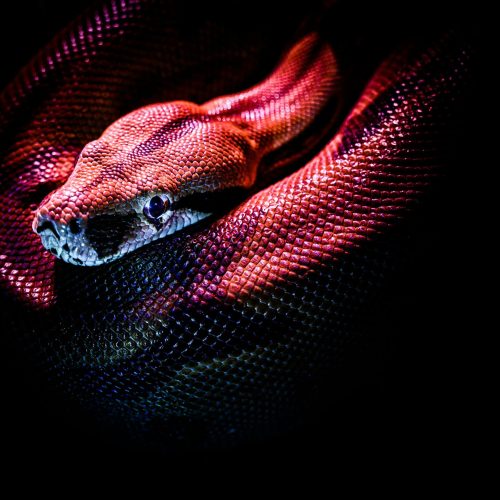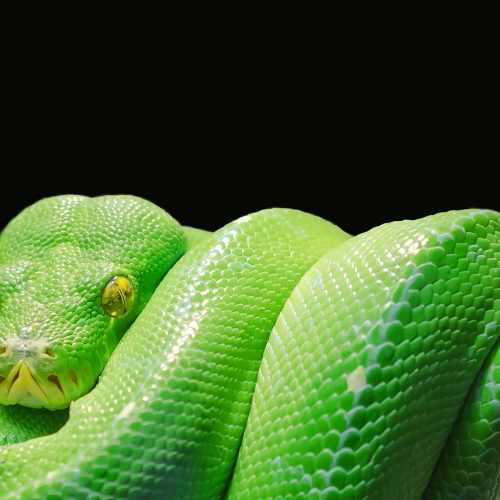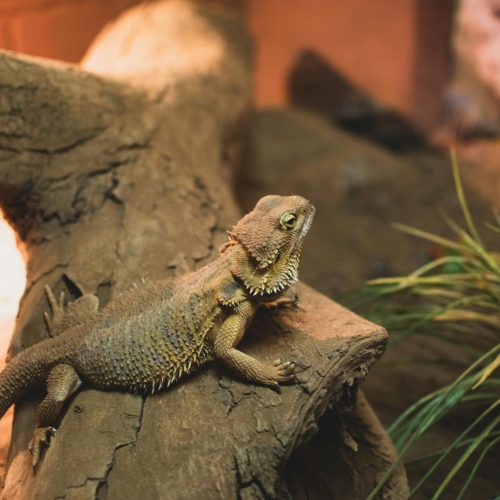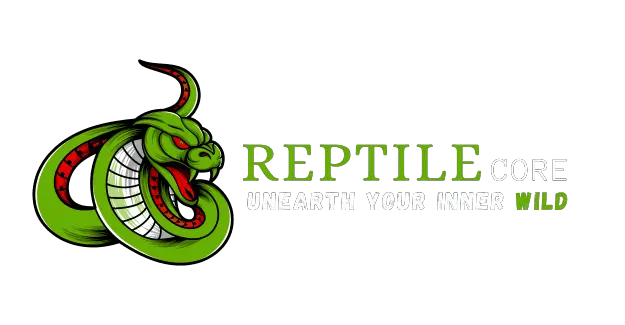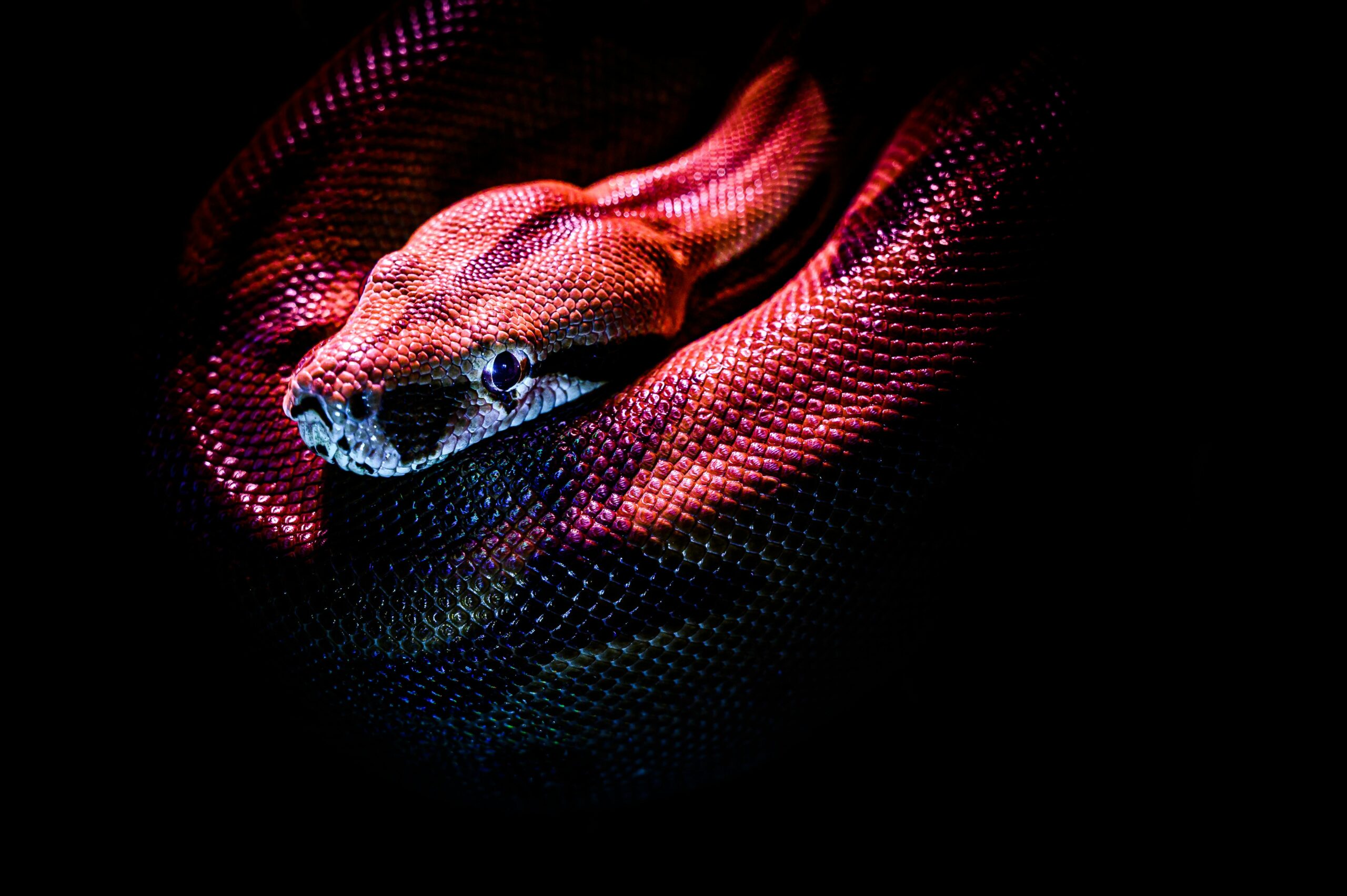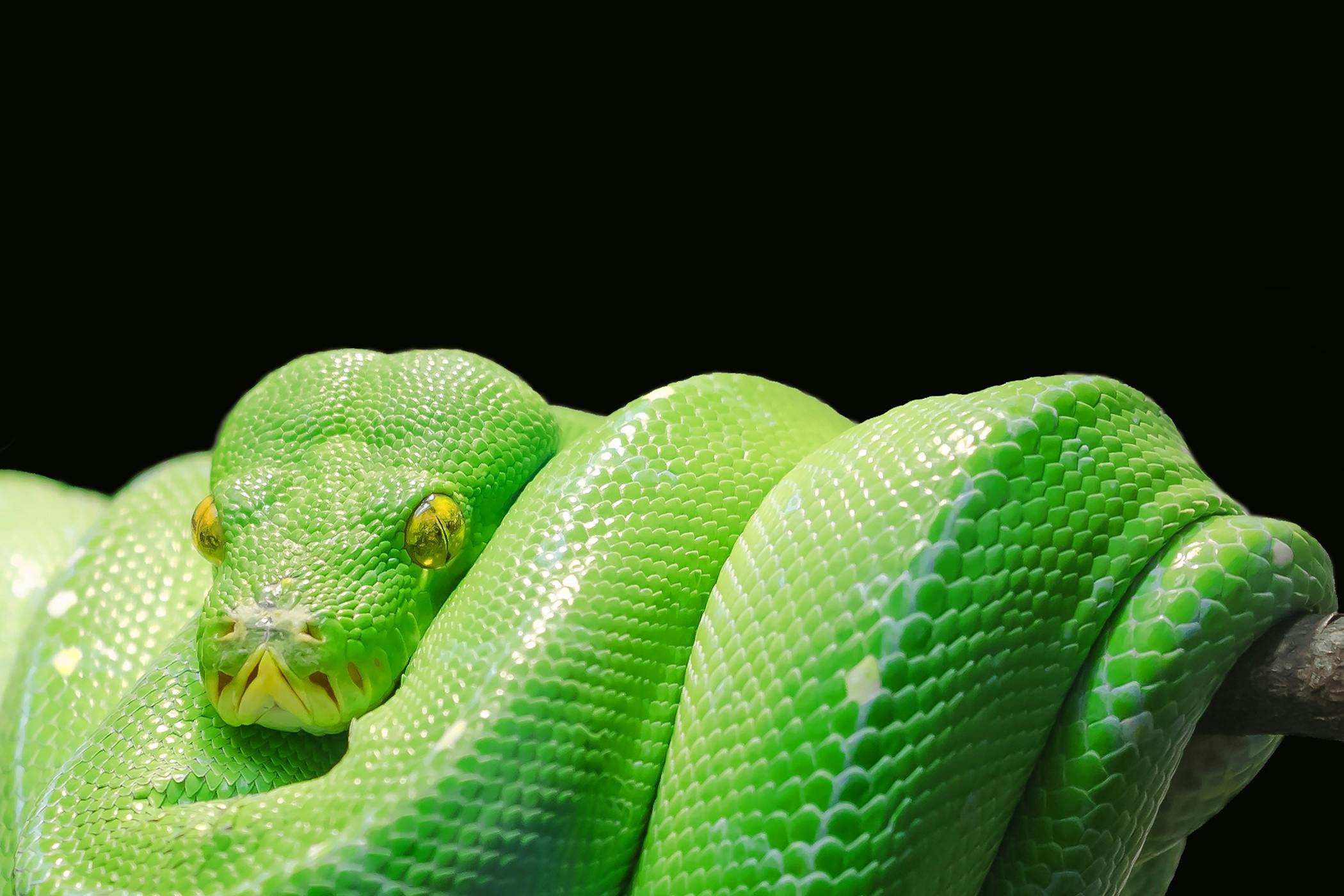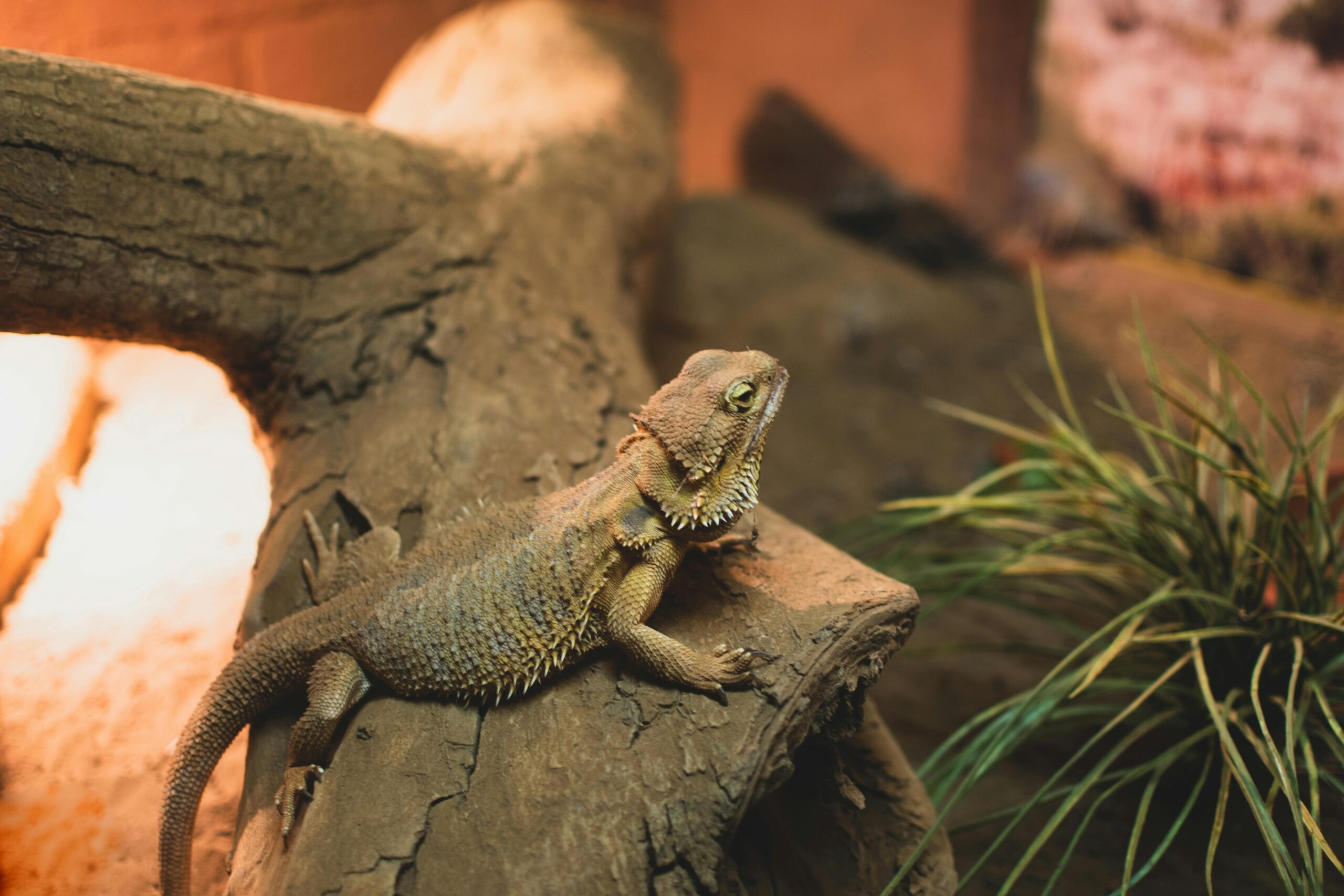Bearded dragons have received much attention over time because of their unique appearance and interesting actions. It makes the fascination that people have about them both exciting as well as delightful when one gets to study their cognitive functions and intelligence. Through pursing this topic further, you can become enlighten about the existence of bearded dragons as well as enlighten the hearts of those who are interested in this specific species of reptiles.
Understanding Intelligence in Reptiles
According to most scholars, intelligence is the capacity for finding, understanding, and using information and skills, learning, and reasoning. Meanwhile, people tend to define intelligence based on IQ scores, which express our logical and mathematical, memory, and word comprehension abilities, and is not very useful when it comes to a comparison of animal intelligence, including the bearded dragons’ one.
Intelligence of animals is usually quantified by using behavioral tests that mainly focus on learning ability, problem solving ability, memory and social ability. These experiments give an opportunity of studying cognitive ability of different animals and their adaptive measures in order to determine their level of intelligence.
Some people give a opinion that these reptiles including bearded dragons are not intelligent just because they found their brains are relatively smaller than the mammalian ones. But as has been stated before, the size of the brain is not the only factor that determines intelligence. It is therefore evident from the study that reptiles possess cognitive skills that help them in moving around in their habitat, acquire knowledge and display various behaviors.
There are many misconceptions regarding reptiles, one of them being that reptiles are dumb and have no social awareness of the world around them. It may be thought that these creatures do not manifest social behavior the way mammals do, however, reptiles such as bearded dragons can interact socially and recognize certain people. Even within this context, intelligence is relative, and every kind of animal has it own type of intelligence.
In this paper, the behaviours of Bearded Dragons and their possible cognitive capabilities will be discussed.
Bearded dragons equally have learning and memory as one of the remarkable features. They can easily be trained to follow their owners’ commands; even to the extent of recognizing their names and other instructions given to them. Like other reptiles, most of these can possibly relate certain actions or signs to some gains and therefore have the capability to be trained. They also have the ability to recall some of the faces and places which would help them to find food or move around or even carry out their social affairs.
As will be described in this paper, bearded dragons may not possess the elaborate cognitive function found in mammals and may not be easily compared to mammals in terms of problem-solving aptitudes and capabilities; however, they do present rather interesting problem-solving behaviors. For instance, they may come up with various strategies of accomplishing their goals such as climbing or digging if there is an impediment within the enclosure. They can as well find themselves in mazes to get to specific goals which show other skills such as problem solving and spatial orientation to get to the target either for hunting purpose or to avoid danger.
These lizards possess no ability to vocalize like mammals; however, they express themselves through a number of behaviors. They then support their expression of message by adopting different postures like shaking of heads, swaying their arms, inflating their beards. They also append colour changes for ‘mood’ or ‘intention,’ and can hiss softly or puff when in a proper emotional state.
These reptiles clearly show signs of intelligence in terms of the world that they live in. For instance, they place rocks or logs to some height so that they climb on the top to have a good view of the region in which they want to take sun baths or seek shelter. They also sway their body heat regulation by moving into other areas of its encumbrance, proving its versatility.
67 Free Essays: Natural Habitat of the Bearded Dragons Bearded dragons are quite intelligent reptiles that are known to exhibit a number of physiological mechanisms in their natural environment. Note that they found a way of changing their body color depending on the climate they are in and for other reasons like signaling the other dragons. Because of these two anatomic structures, they absorb nutrients derived from insects and vegetation to meet their body requirements. Furthermore, this contributes to their capability to have better vision so that they can monitor any kind of movement, distinguish between threat or pray or make any proper decision.
Conclusion
Summing up, one can note that bearded dragons have a quite developed cognition. They are proved to exhibit spatial memory and problem solving abilities for example in recalling the position of food sources and solving mazes. Another evidence that has shown that they do understand reflections is the manner in which their behaviors change when faced with reflections. Such findings show that bearded dragons are intelligent creatures and assert that they acquire knowledge in varying surroundings.

